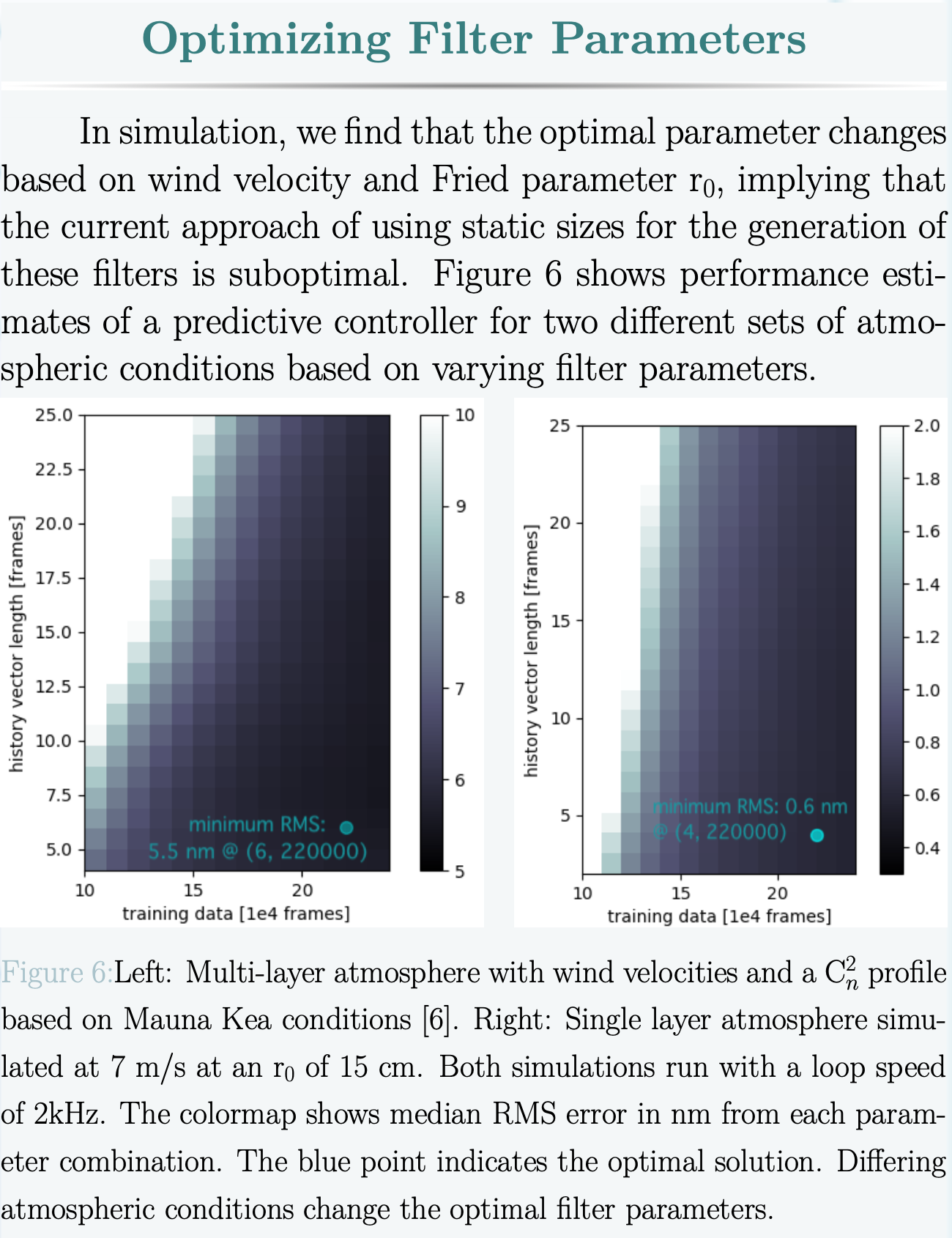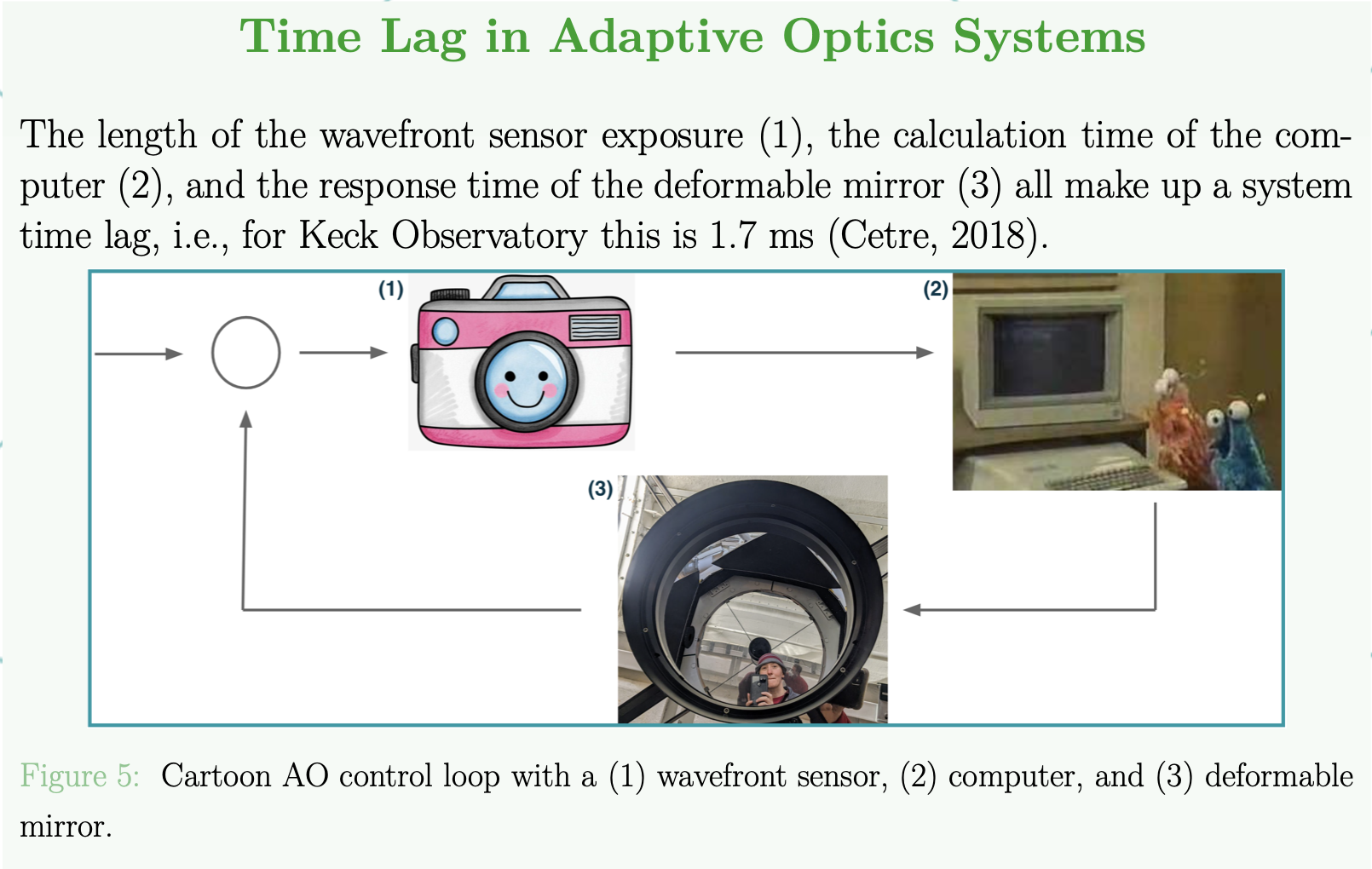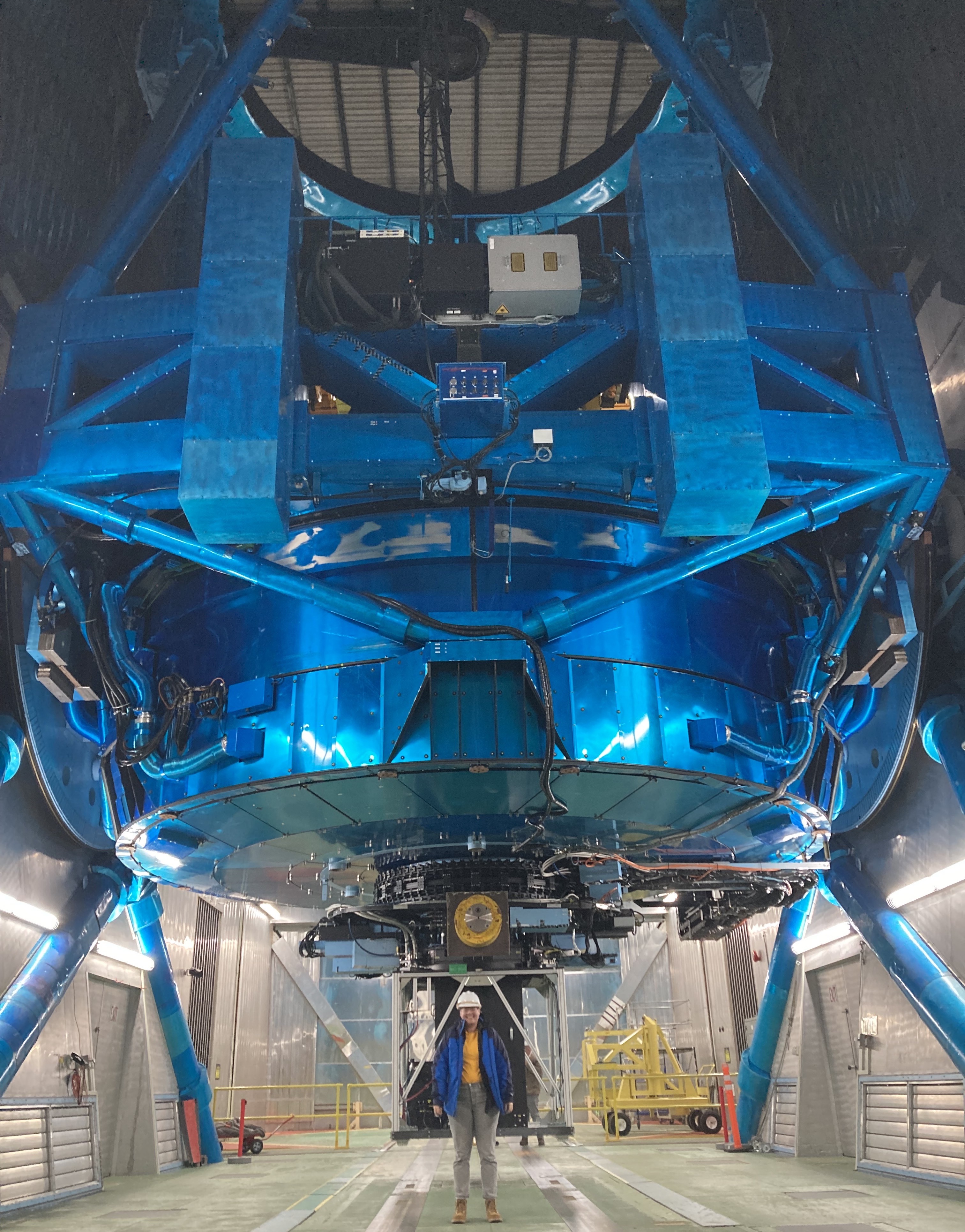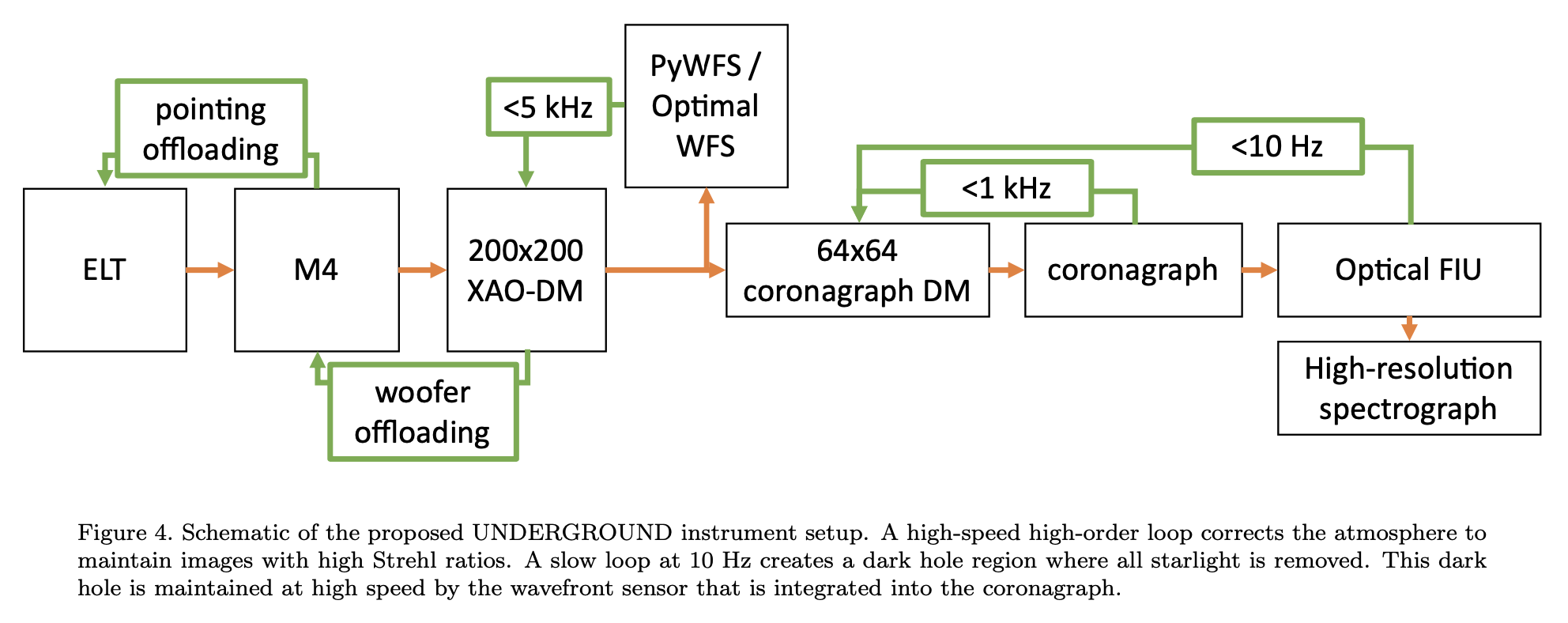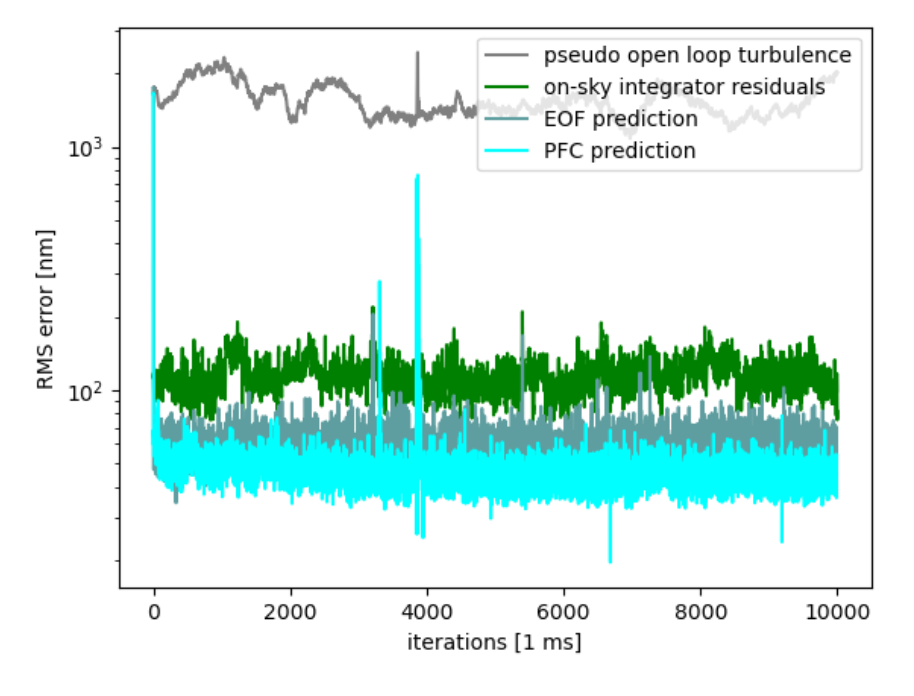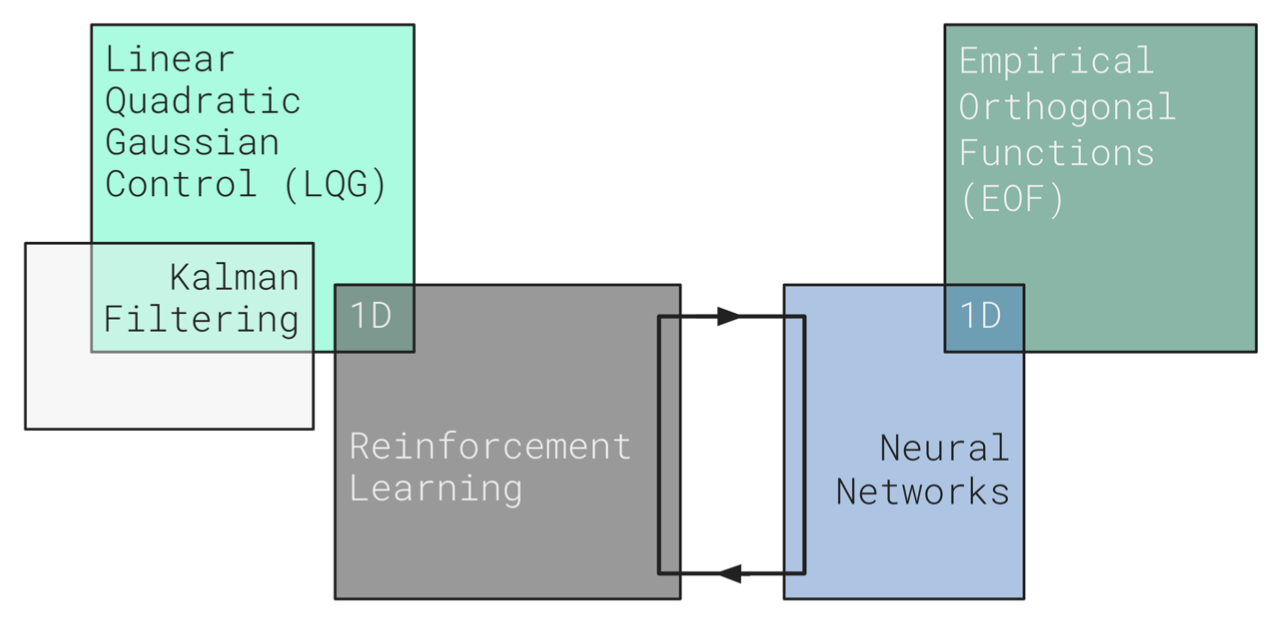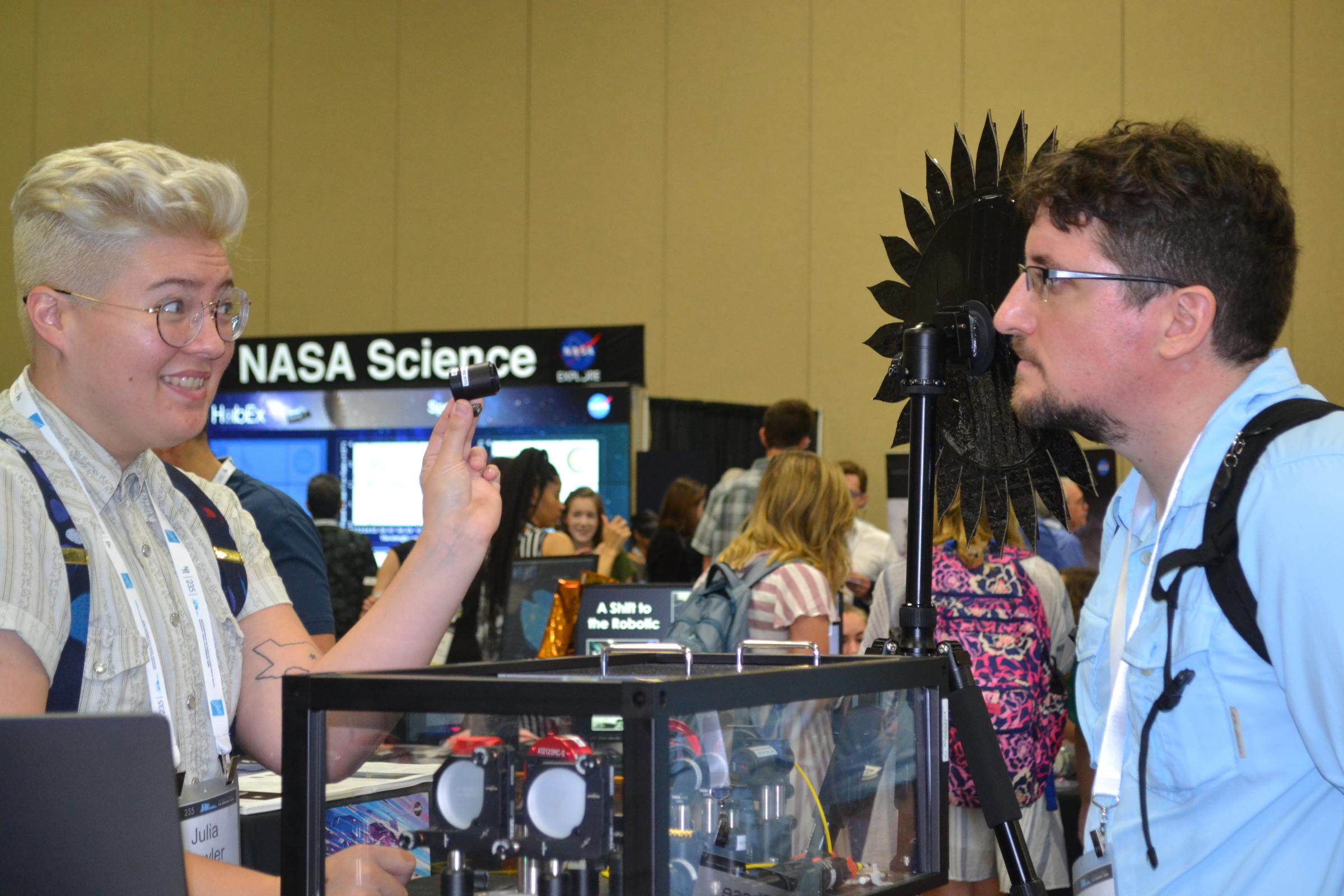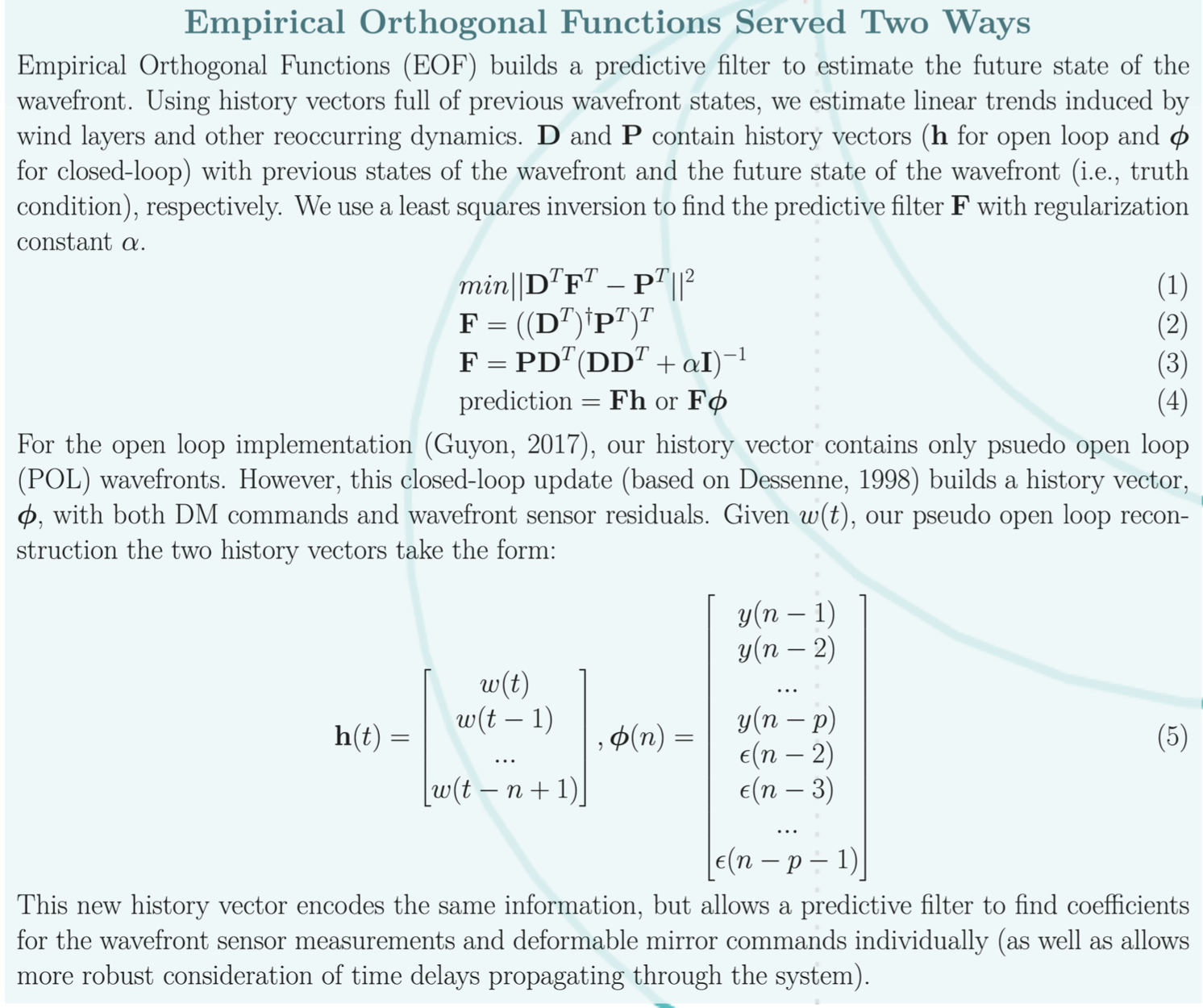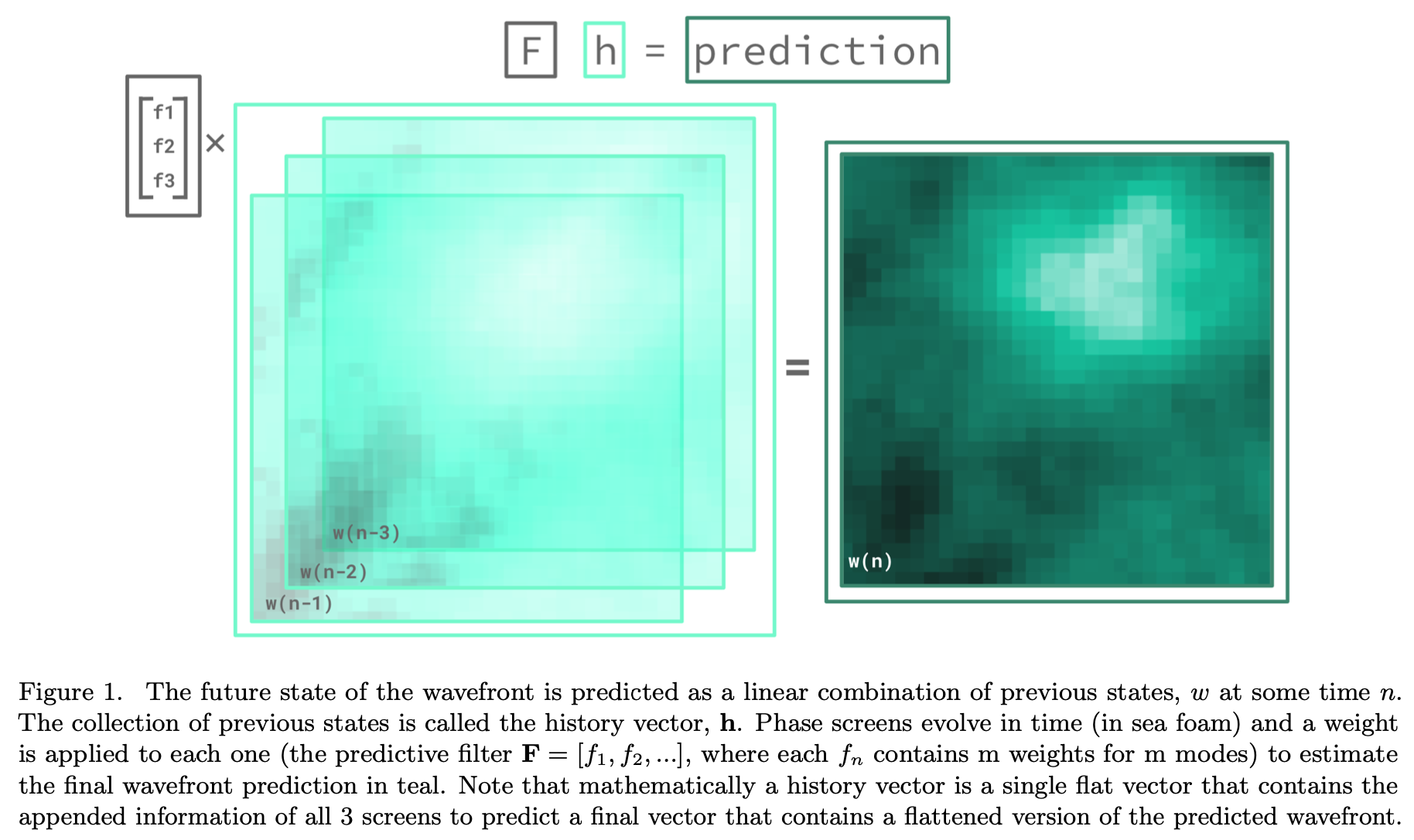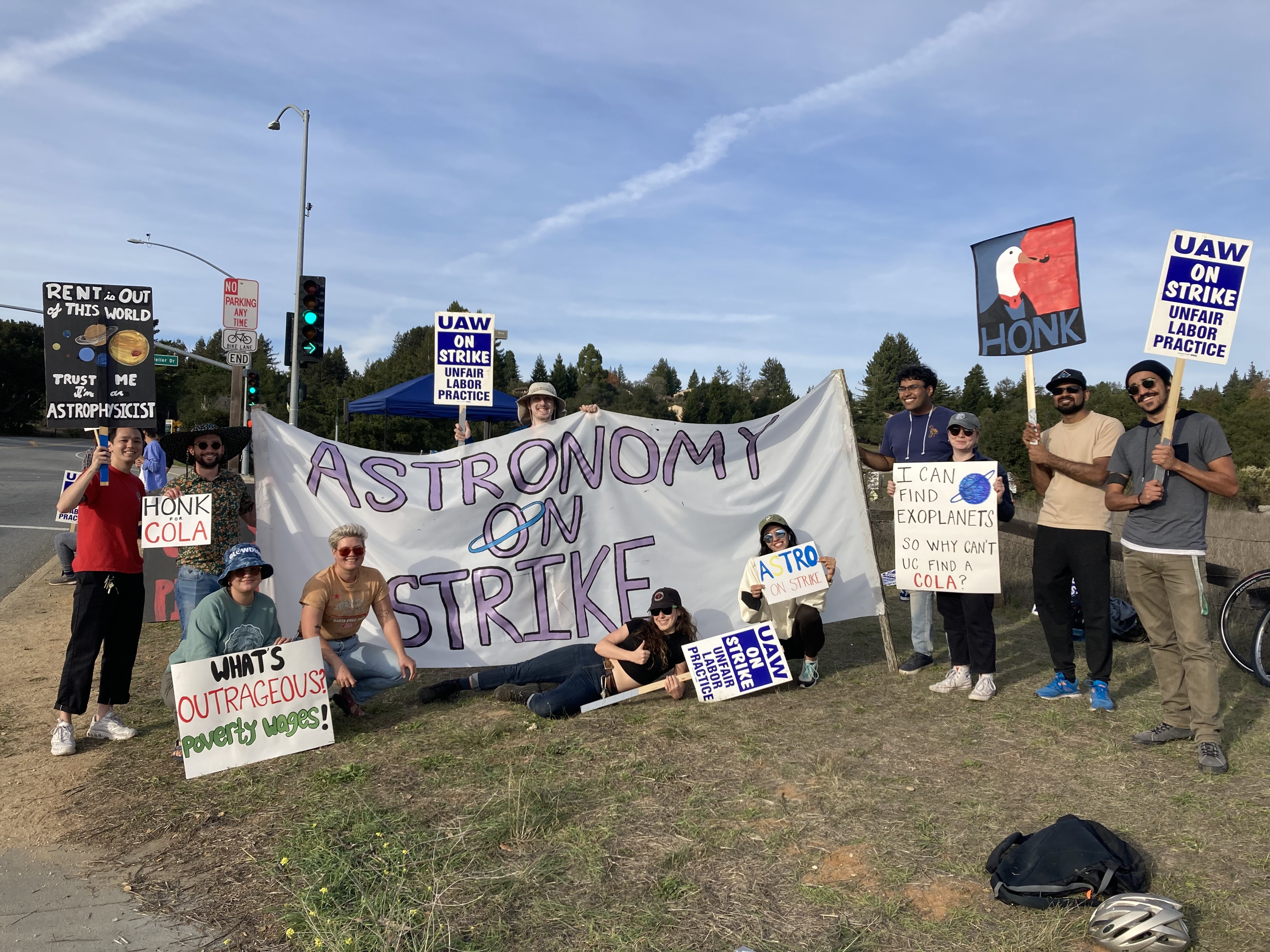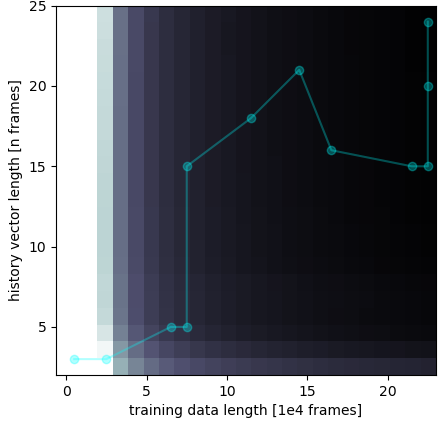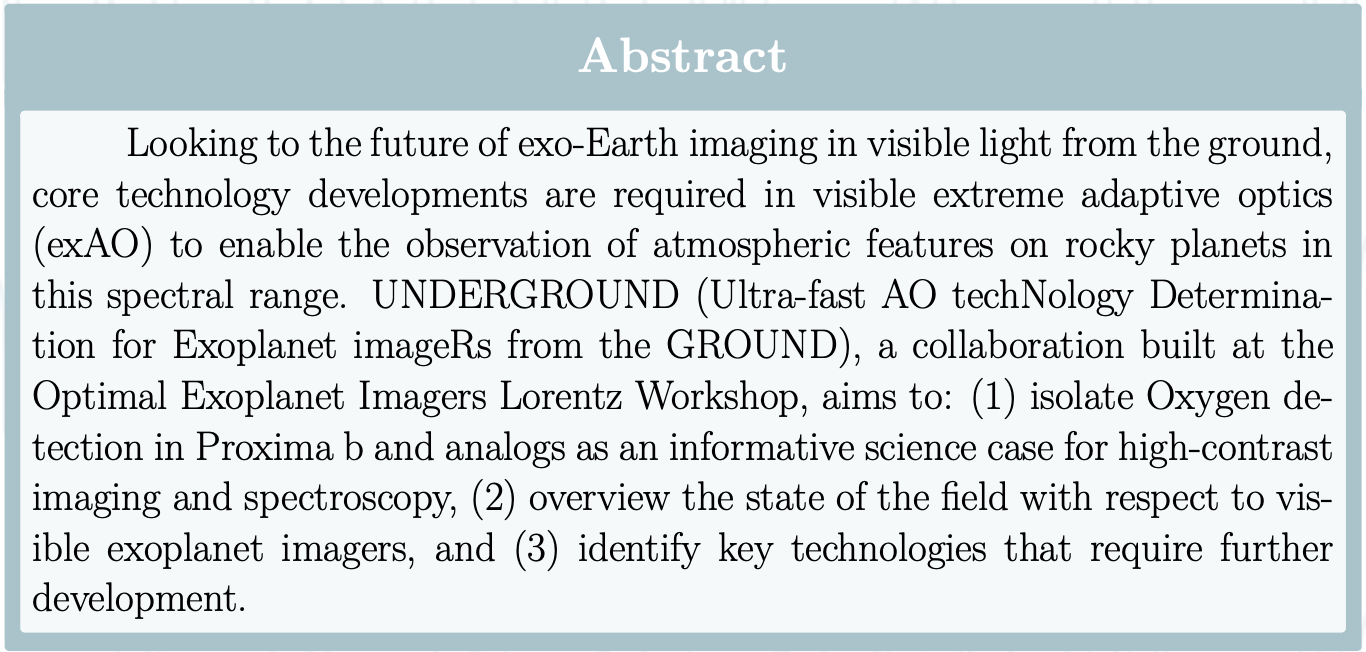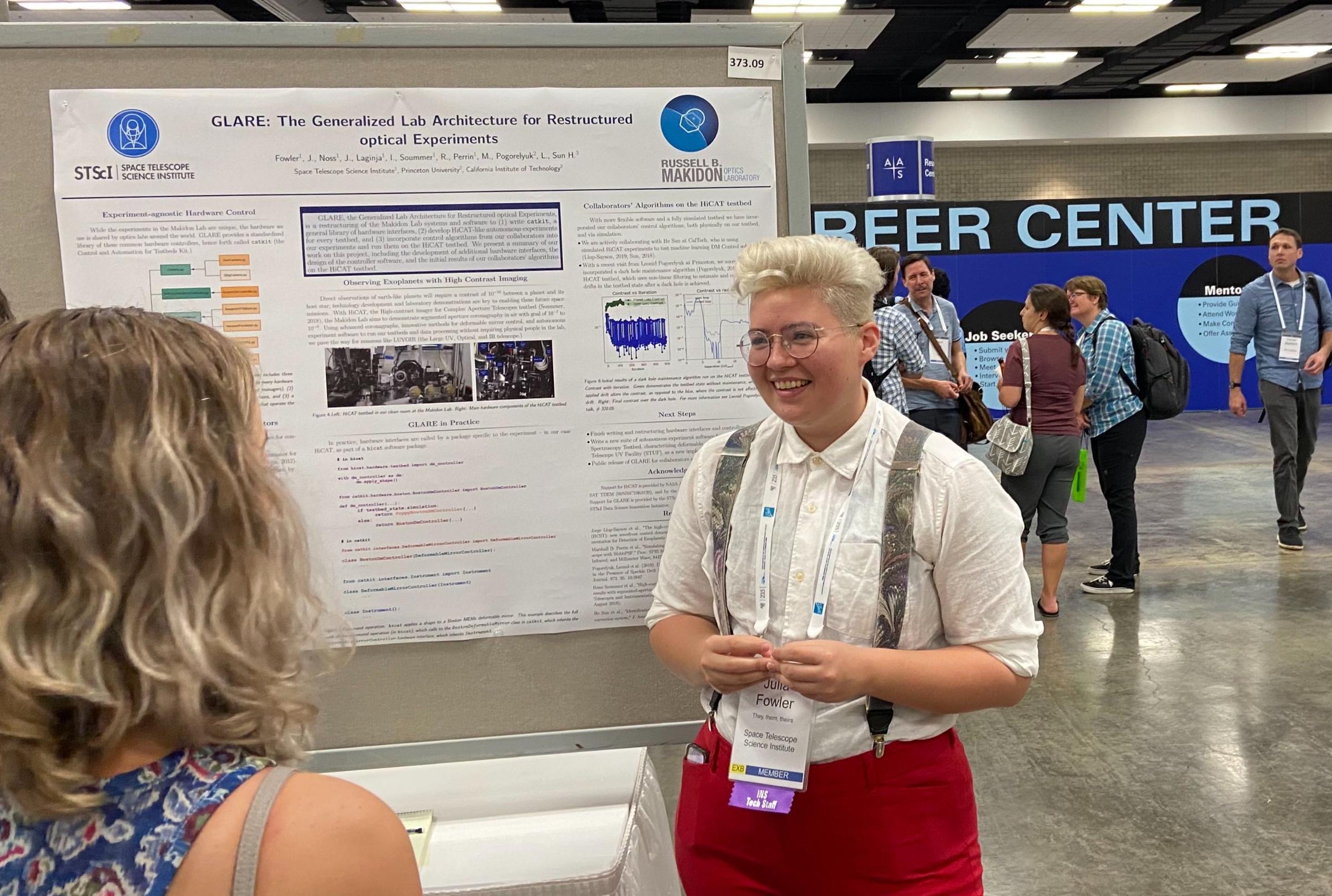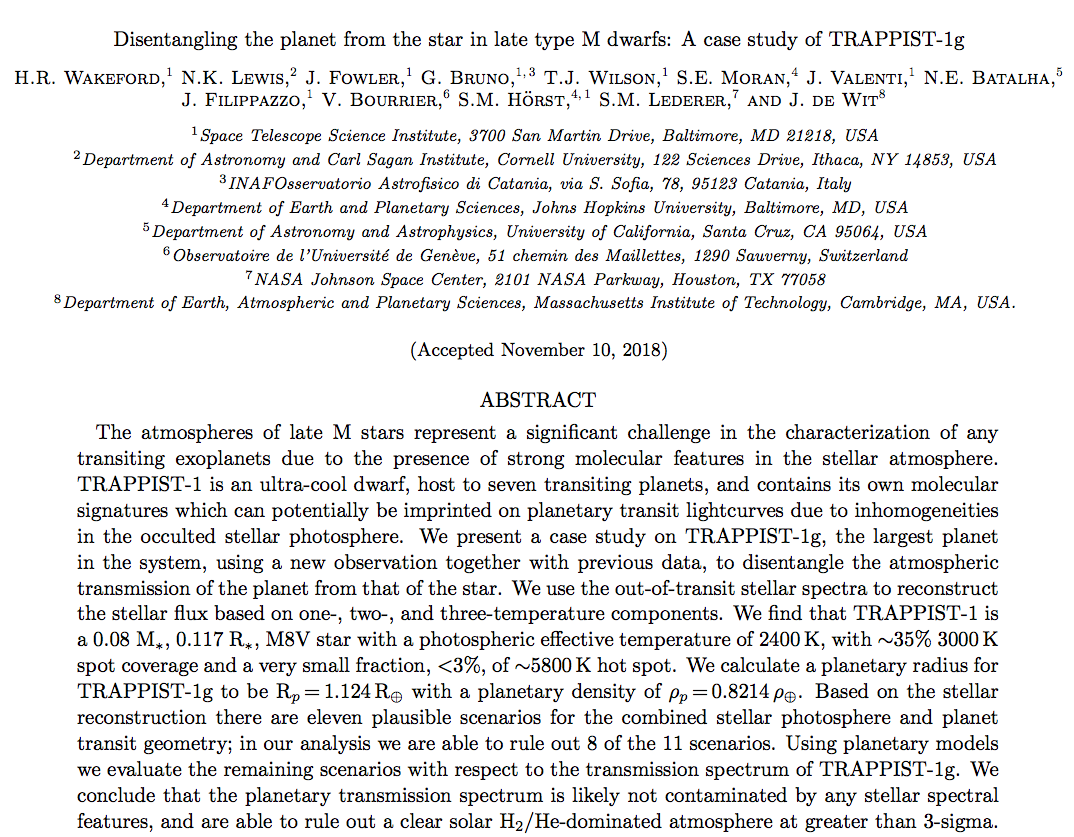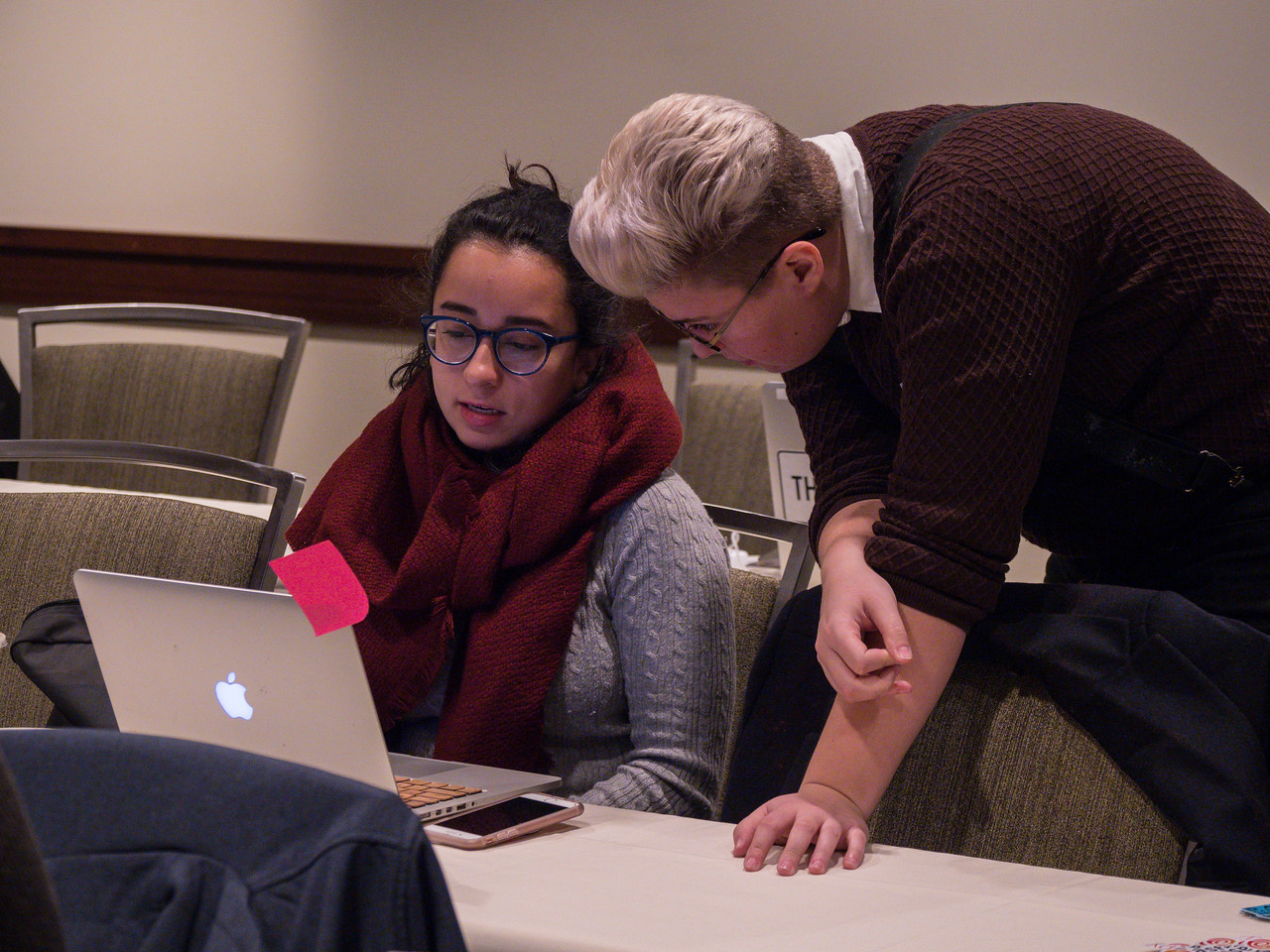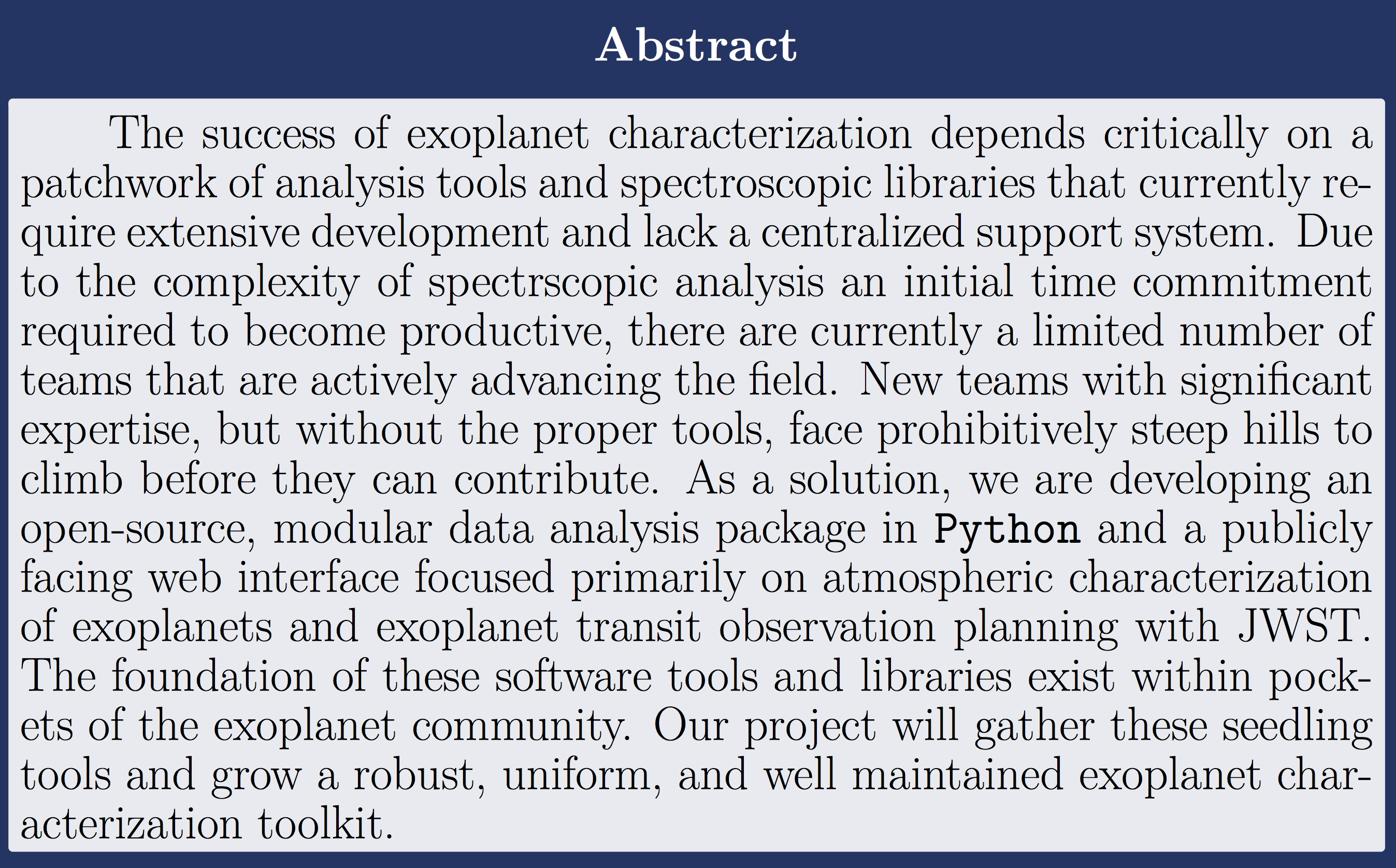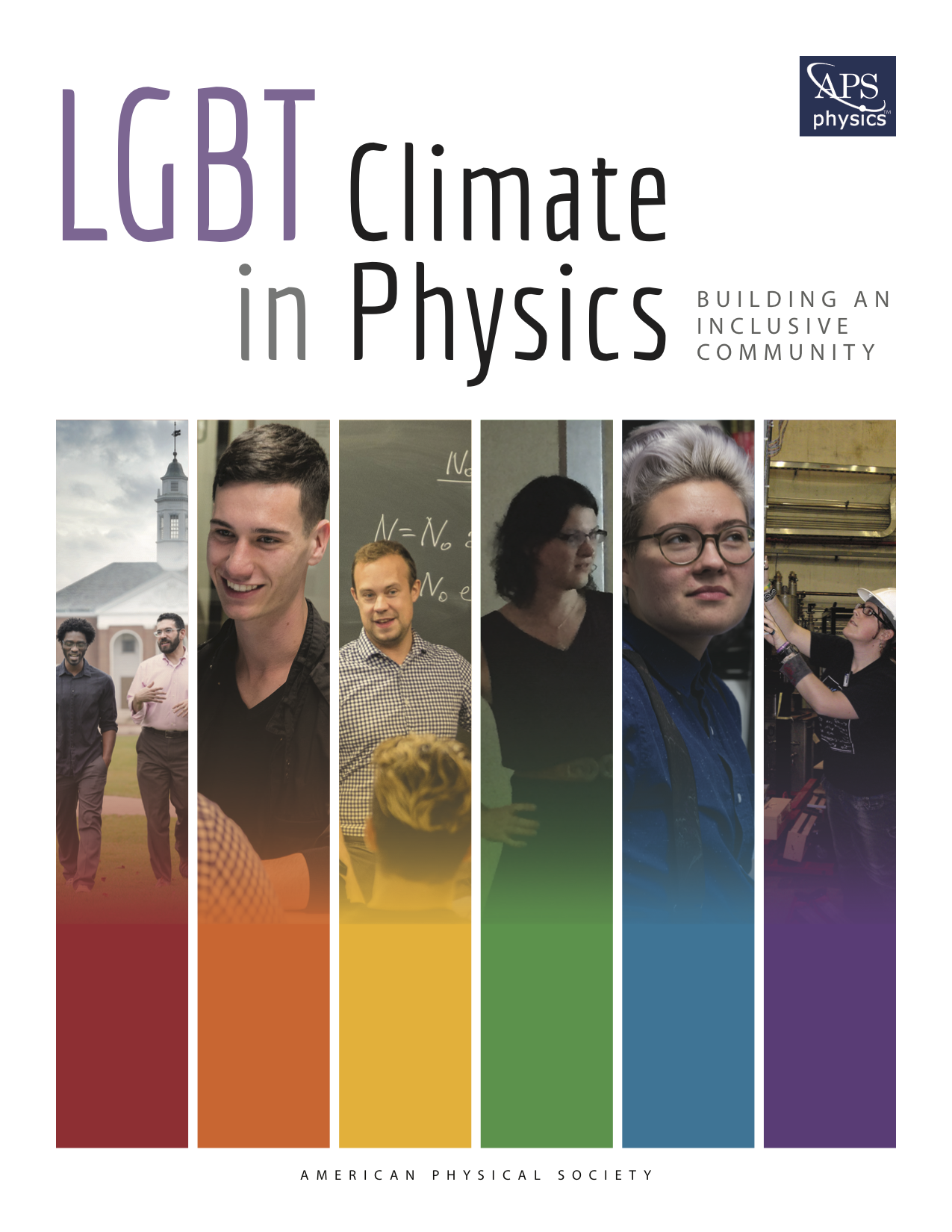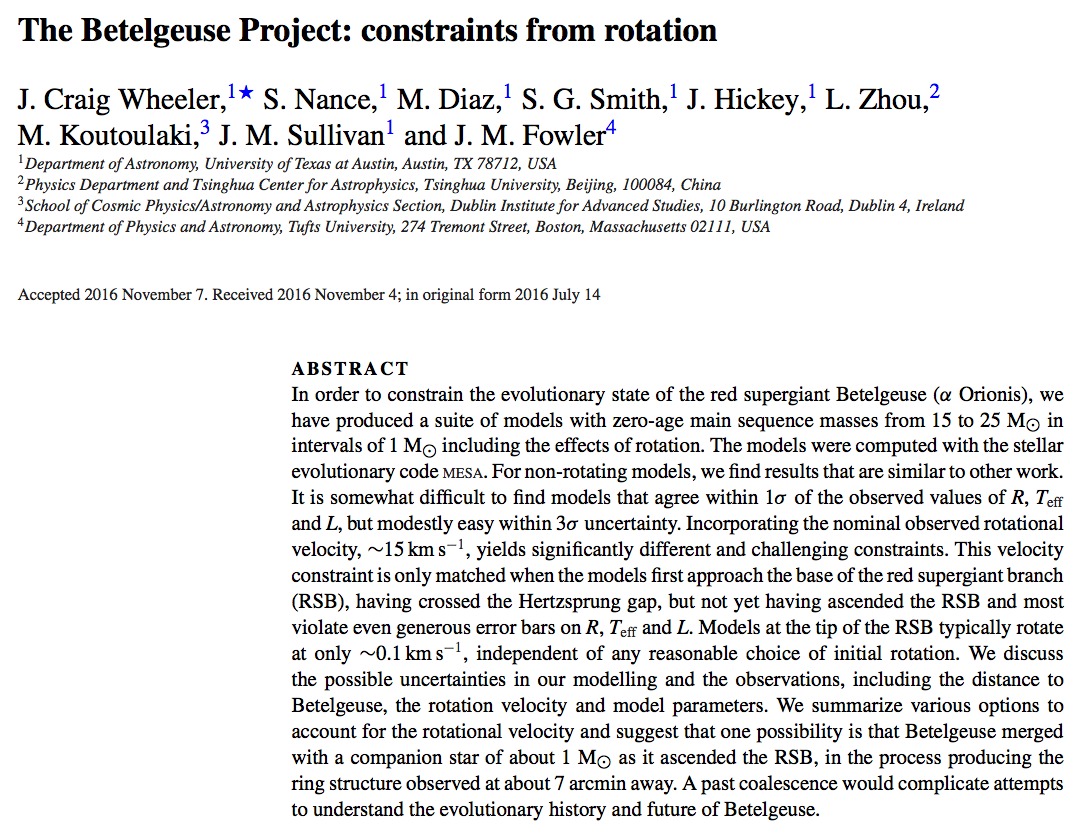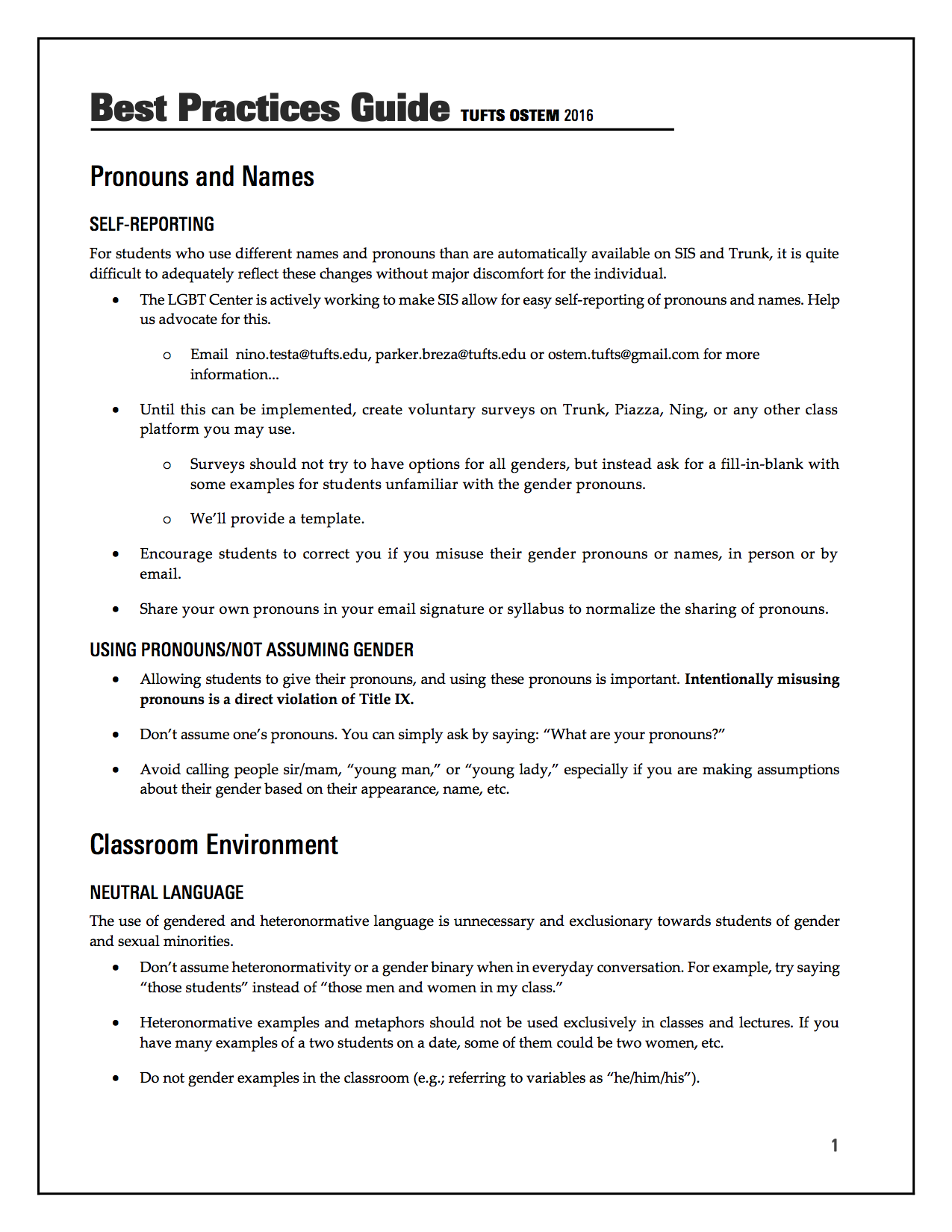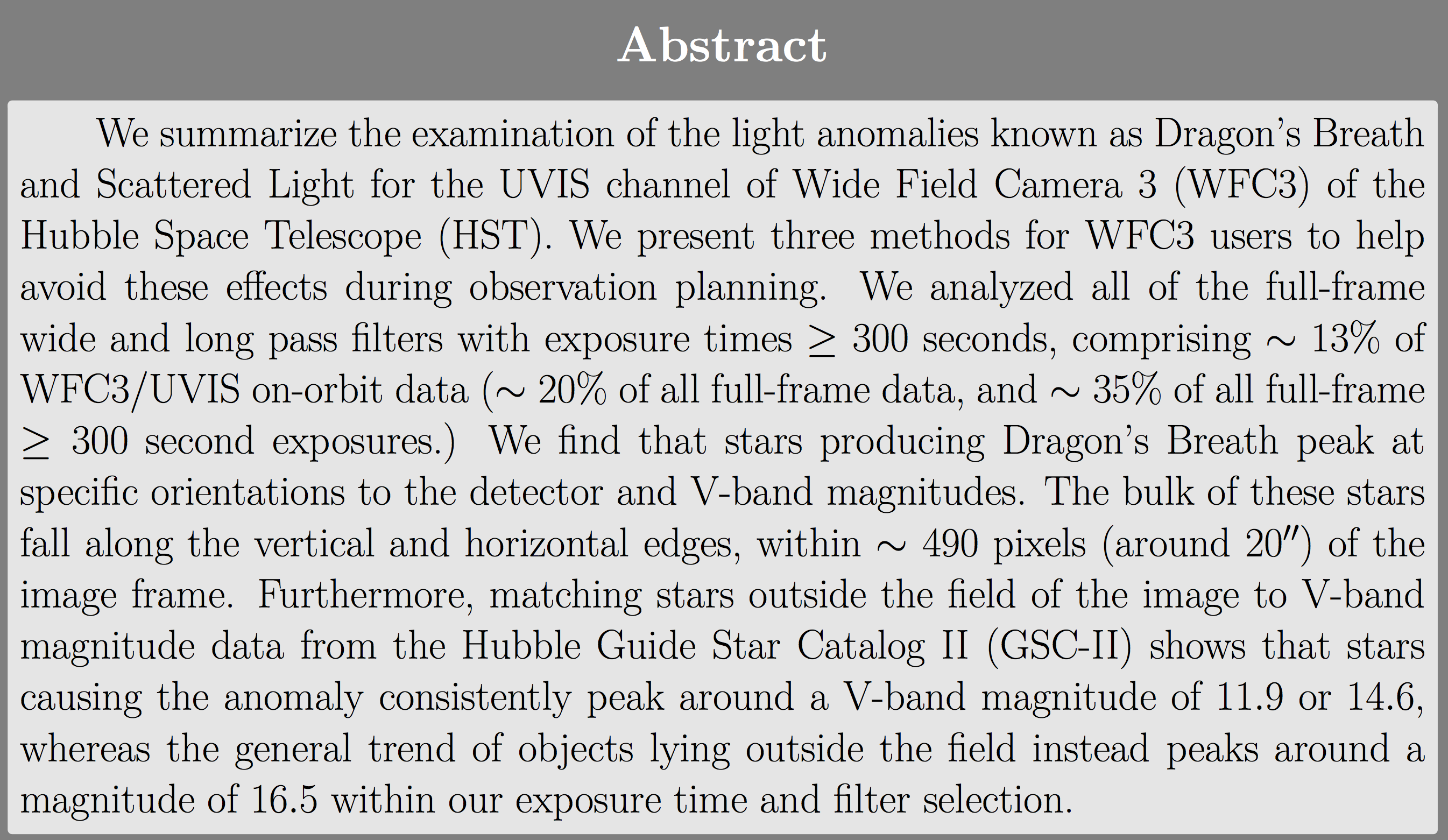In my past lives I have been a software engineer in the Russell B Makidon Optics
Laboratory, a member of the Wide Field
Camera 3 HST Instrument Team, worked on transit spectroscopy, and developed
exoplanet observation planning tools for the James Webb Space Telescope. A
fascination with tools (both software and hardware) will always be a core part of my science.
I am queer and nonbinary. I think that queer identities should have a
prominent place in the world of astronomy, software engineering, and generally
in science. I organized an LGBT+ Astronomy Pau Hana on the Big Island of Hawai'i,
served as a member of the American Astronomical Society's committee for Sexual
and Gender Minorities in Astronomy, started Tufts University's chapter of out in STEM,
as well as Space Telescope's LGBT lunch series, SpaceGAYs.
Wherever I find myself, I advocate for queer people in astronomy, even if it's just through lunch.

